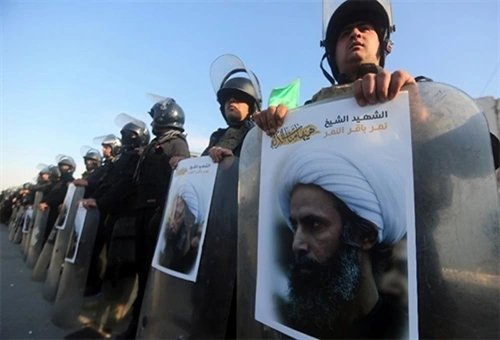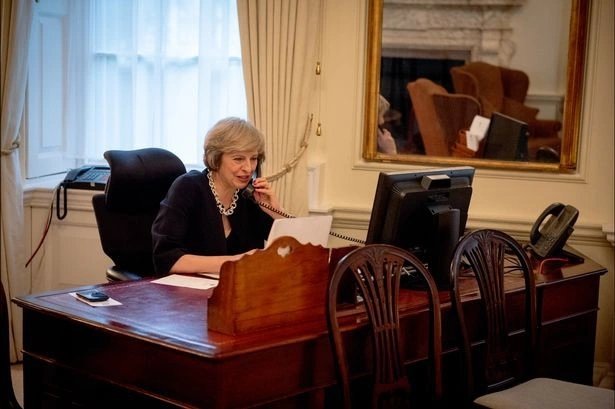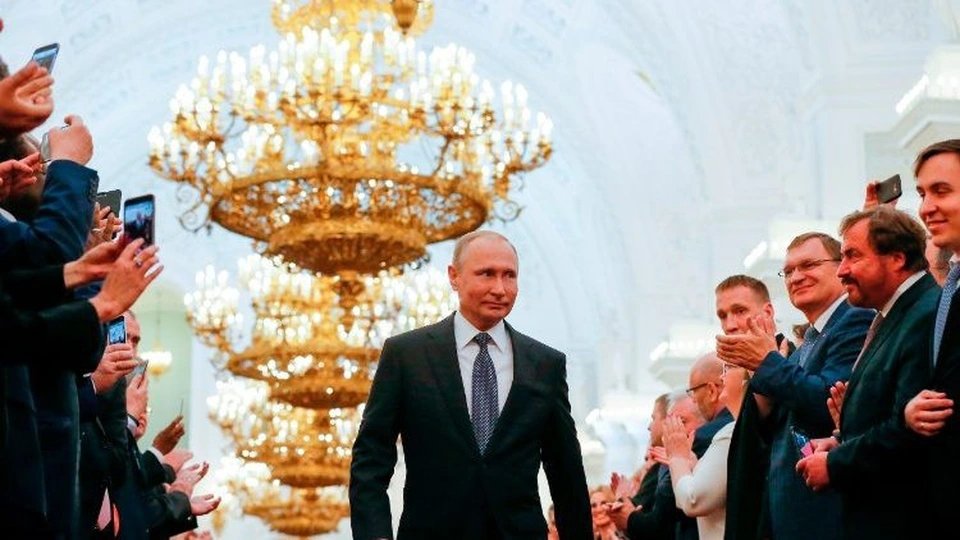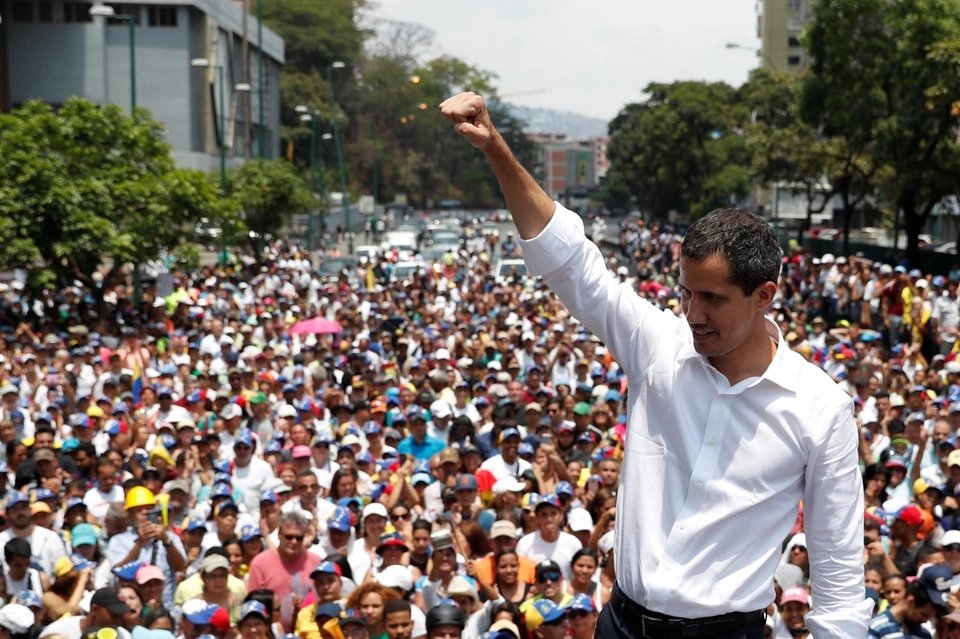
During a meeting on March 28, Indonesian Defense Minister Prabowo Subianto and his Japanese counterpart Nobuo Kishi `called on China to exercise restraint and not seek to unilaterally change the status quo in the East and East China Seas.`
Minister Kishi said Japan and Indonesia agreed to strengthen defense cooperation and will conduct a joint exercise in the East Sea to `strongly oppose` China’s moves that could escalate tensions in the region.
The Japanese destroyer Ikazuchi exercises with the Indonesian small corvette Sutanto in October 2020.
Ian Storey, an expert at the ISEAS-Yusof Ishak Institute in Singapore, said that although details of the joint exercises with Japan have not been announced, they `are likely to take place in Indonesia’s exclusive economic zone`.
Japan and Indonesia held a maritime exercise in the western Natuna Islands in October 2020, with the participation of the helicopter carrier JS Kaga, destroyer JS Ikazuchi and small corvette KRI.
Storey said the upcoming joint exercise will highlight Japan’s readiness to `strengthen capacity-building support` for Southeast Asian nations in the South China Sea region, where Toyko is increasingly concerned about `dangerous actions`.
Indonesia does not claim sovereignty in the East Sea, but some of its exclusive economic zones (EEZ) around the Natuna Islands overlap with the 9-dash line claim unilaterally drawn by China.
Information about the exercise was announced after a fleet of more than 200 Chinese ships anchored and illegally operated within the territorial waters of Sinh Ton Dong in Vietnam’s Truong Sa archipelago.
Natalie Sambhi, head of the independent research group Verve Research based in Australia, said that the joint exercise by Indonesia and Japan could be an `action to challenge China` if it took place in the waters around the archipelago.

Location of the Natuna Islands of Indonesia.
Sambhi also said that the agreement to buy Japanese weapons plays a very important role for Indonesia, in the context that the country needs to upgrade its defense capabilities at sea.
`I think the arms sales agreement between the two countries will include upgrade packages for the navy, air force and coast guard,` he said.
Japan in February 2020 gave Indonesia a patrol ship, but the country needs more means to monitor the vast surrounding sea.
Indonesia hopes to be able to transfer production technology instead of just buying weapons from Japan through building closer defense cooperation, according to expert Storey.
Storey predicts that Indonesia will prioritize purchasing maritime reconnaissance aircraft from Japan, instead of assets such as submarines, surface warships or tanks.
`Indonesia wants to develop its domestic arms industry and is interested in technology transfer deals rather than directly purchasing foreign military equipment,` this expert said.

Japanese Defense Minister Nobuo Kishi (right) and Indonesian counterpart Prabowo Subianto (left) before talks in Tokyo on March 28.
However, the joint exercise with Japan does not mean that Indonesia will promote efforts to join the Quad group, including India, Australia, the US and Japan, according to Gilang Kembara, an expert at the Center branch.
`A joint exercise between Indonesia and Japan is unlikely to have a strong impact on geopolitical dynamics in the region. Some countries may question the exercise and ask for explanations, but it is unlikely








